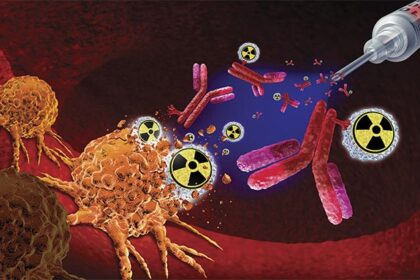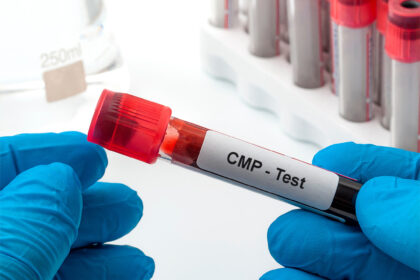A possible new treatment method for diseases linked with inflammation, comprising stroke, sepsis, serious lung damage, rheumatoid arthritis, and atherosclerosis has uncovered by a research directed by scientists from WSU. The new study was printed in the Science Advances, a journal which have the open-access, describing patent-pending, novel technology, which usages nanosized atoms to carriage cell-killing drugs to triggered neutrophils, cells driving the overstated immune response tangled in inflammatory sicknesses. The feasibility of the technology at selectively slaughter activated neutrophils without harming another type of cells was also demonstrated by them.
Zhenjia Wang, who is senior author of the study said that, it has now been realized by the scientists that neutrophils that were constantly considered as the decent people for the significant role they portray in human immune system, are too actually donating to the path of all kinds of sicknesses. Neutrophils make up nearly 70% while blood cells of our human body and re the 1st line of protection of our immune system. They are generated inside bone core, silentlyround the blood stream, searching for bacteria, viruses, and additional invading pathogen to vanish off.
They are usually circulated via the blood for eight to twenty hours beforehandrecurring to the bone core to expire as part of anordinaryprocedure called as programmed death of cells or apoptosis, which aids maintain the balance inimmune system. However, neutrophils can be activated by inflammation produced by damaged tissue or pathogens and maintain them activeextendedpast their usual life period. Thus, number of neutrophils surges in the human blood and permits then to attack and gather in vigorous tissue, ensuing in harm that might damage organs and cause demise. Wang said that, neutrophils does not know about enemies, hence all types of damaging proteins are released by them in blood streaming while as they only attack.





